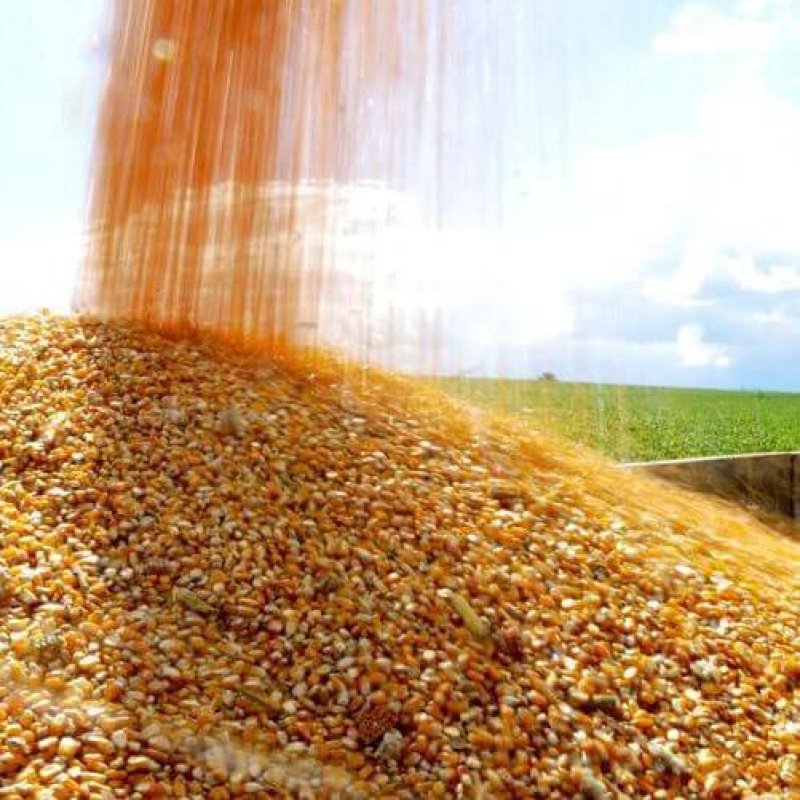Farmers have to deal with threats to their crops from nature all the time. Thousands of Kansans, though, argue that Syngenta AG posed an even bigger threat by failing to prevent its genetically modified corn seed from contaminating U.S. crops, which led to a devastating rejection of imports by Chinese officials.
More than 7,000 Kansas farmers went to trial Monday [June 5] seeking to convince a jury that the Swiss agrochemical giant rushed the GMO seed to market in 2010 before getting import approval from China, which later stopped shipments after tagging the corn as contaminated.
That move, coupled with U.S. corn farmers’ inability to regain a foothold in China once other countries filled the void, almost wiped out the U.S. corn market for several years and continues to depress corn prices even today, plaintiffs’ lawyers told a Kansas City, Kansas jury Monday in the first case over the corn flap to be heard by a jury. They’re seeking $200 million in lost sales, plus punitive damages.
Syngenta officials, who deny wrongdoing in launching the Viptera product and contend the GMO seed wasn’t responsible for price drops, almost went to trial over similar claims in April.
The GLP aggregated and excerpted this blog/article to reflect the diversity of news, opinion, and analysis. Read full, original post: Syngenta Faces 7,000 Kansas Farmers in GMO China Corn Fight































